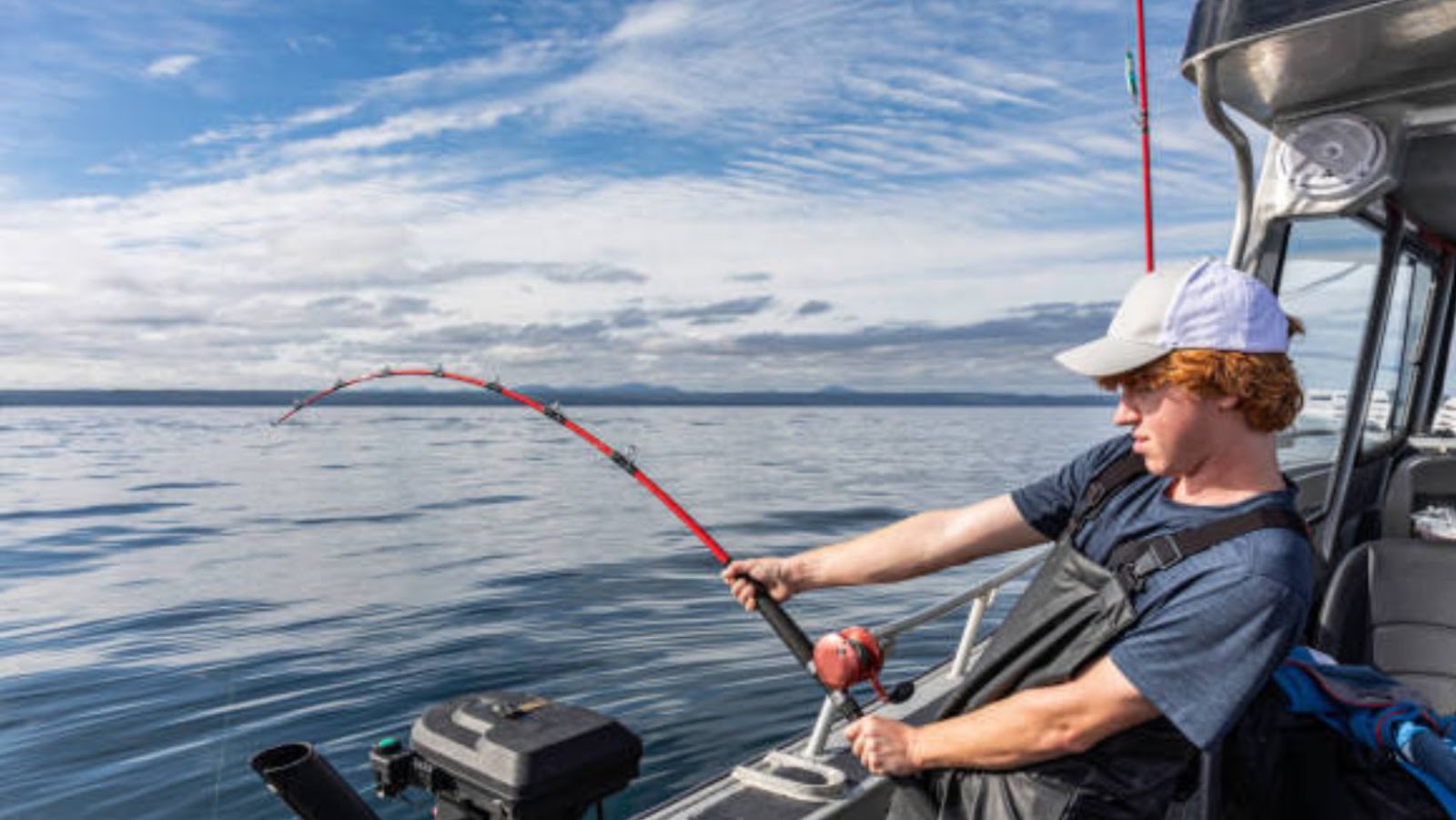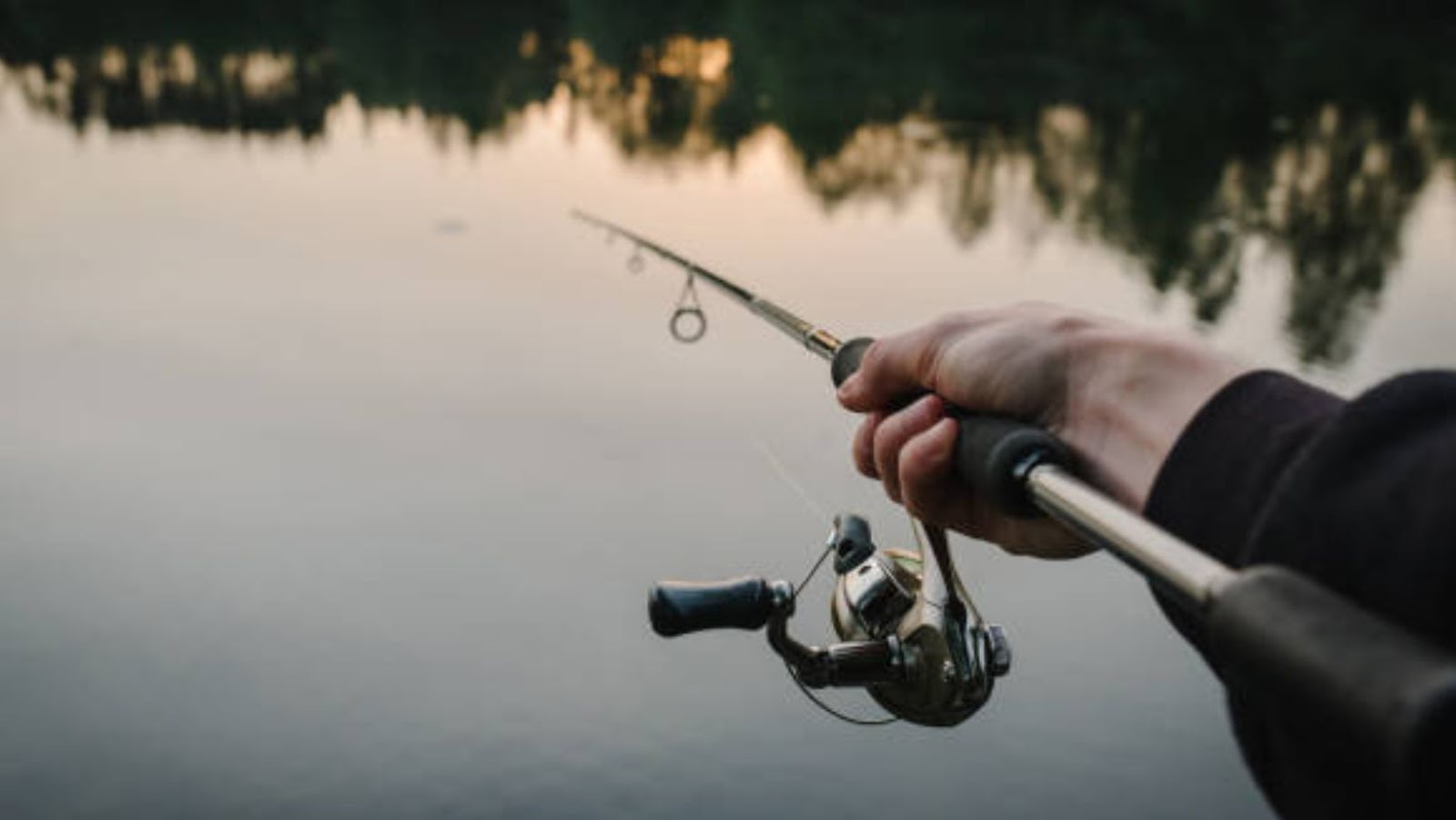When it comes to fishing, there are two primary methods: fly fishing and spin fishing. Both methods have their own advantages and disadvantages, depending on the situation and the angler’s preference. In this article, I’ll be discussing the differences between fly fishing vs spin and the benefits and drawbacks of each approach.
Fly fishing involves using an artificial fly that is cast using a specialized fly rod. This method requires a lot of skill and practice, as the angler must be able to accurately cast the fly to the right spot and make it look like a natural insect or bait fish. Fly fishing is popular among anglers who enjoy the challenge and precision of this method, as well as the opportunity to catch a wider range of fish species.
Spin fishing, on the other hand, involves using a spinning reel and rod with a variety of lures or bait. This method is generally considered to be easier than fly fishing, making it a popular choice among beginners. Spin fishing is particularly effective when targeting larger fish species or fishing in areas with heavy current or tidal flows.
In the following sections, we’ll explore the differences between fly fishing vs spin in more detail, including the gear and techniques used, the types of fish targeted, and the benefits and drawbacks of each approach.
Table of Contents
ToggleFly Fishing vs Spin
When it comes to fishing, there are two main approaches: fly fishing and spin fishing. Fly fishing is a more traditional method of fishing that uses a lightweight rod, a reel, and a weighted line in order to cast a fly into the water. The goal is to mimic the behavior of an insect in order to attract fish.
Here are some key points to keep in mind when considering fly fishing versus spin fishing:
- Fly fishing requires more skill and practice. Because the fly is so light, it takes more practice to cast it accurately and effectively. It also requires more knowledge about the behavior of fish and insects in order to be successful.
- Spin fishing is more versatile. Spin fishing allows for a wider range of lures and baits to be used, and it’s easier to cast them longer distances. This makes it a popular choice for those who want to fish in a variety of different environments.
- Fly fishing is more visually appealing. Many people are drawn to fly fishing because of the beauty and grace of casting a fly through the air. It’s also more peaceful and less obtrusive than spin fishing, which can be noisy and disruptive to the environment.
- Spin fishing is more efficient. Because of its versatility and ease of use, spin fishing is generally considered a more efficient way to catch fish. It’s also easier to reel in larger fish with a spin rod than it is with a fly rod.
In the end, whether you choose fly fishing versus spin fishing comes down to personal preference and the type of experience you’re looking for. If you enjoy the challenge and artistry of casting a fly, then fly fishing may be for you. If you prefer a more straightforward and efficient approach, then spin fishing may be the way to go.

Spinning: A New Way to Fish
While fly fishing has been the traditional method of catching fish for many years, spinning is a relatively new way to fish that has its own unique advantages. Both techniques have their strengths and weaknesses, so it’s important to understand the different principles and benefits of each to determine which may be the best fit for your particular fishing needs.
Spinning involves casting a weighted lure or bait with a spinning reel and rod. This method allows anglers to cast with greater accuracy and distance compared to fly fishing, making it easier to target specific fish in different areas of the water. Additionally, spinning reels enable a faster retrieval rate and are often more versatile with a wider variety of lures and bait that can be used.
Another great benefit of spinning is that it is easier for beginners to learn. While fly fishing requires skill and technique, spinning is simpler and more straightforward with fewer elements to master. This allows beginners to quickly get out on the water and start catching fish without getting frustrated by the steep learning curve that comes with fly fishing.
However, one disadvantage of spinning is that it can be less effective for catching certain types of fish or in certain conditions. For example, where there are heavy currents or rough water, fly fishing might be more effective than spinning. Also, trout and other fish that feed on insects at the surface can usually only be caught with fly fishing.
Ultimately, the choice between fly fishing and spinning comes down to personal preference, the type of fish being targeted, and the conditions in which you’re fishing. Many experienced anglers use both techniques to vary their approach and increase their chances of a successful catch.
| PROS | CONS |
| Easier to learn | Less effective for certain types of fish or in certain conditions |
| Casts with greater accuracy and distance | Not as versatile with lures and bait |
| Faster retrieval rate | |
| Great beginner method |
As you can see, spinning has much to offer as a newer way of fishing. It provides a much simpler and more accessible way of enjoying the sport of fishing compared to fly fishing. Finally, it’s up to you to try both methods and to decide which one suits you, or whether, perhaps, you might enjoy a combination of both.
When it comes to fishing, there are two main techniques that anglers use: fly fishing and spin fishing. Both methods have their advantages and disadvantages, so it’s important to understand the differences before choosing which style to use.
Fly fishing and spin fishing differ in the equipment used, the techniques employed, and the types of fish targeted.

Equipment
Fly fishing uses specialized gear, including a lightweight rod, a specialized reel, and a weight-forward line with a tapered leader. Spin fishing, on the other hand, uses a rod with heavier line and a spinning reel.
Technique
The technique for casting and retrieving is different between fly fishing and spin fishing. In fly fishing, the goal is to mimic the natural movement of insects in the water. Anglers cast the fly on the water and try to trick the fish into biting. In spin fishing, lures or bait are used to attract and catch fish. Anglers cast the lure or bait and retrieve it to simulate prey that the fish might attack.
Fish Species
Both techniques can be used to catch a wide range of fish, but certain fish species are better suited to one method or the other. Fly fishing is often associated with trout and other freshwater fish, while spin fishing can be used for a wider range of species including largemouth bass, walleye, and saltwater fish like redfish and tarpon.
In the end, which is better, fly fishing or spin fishing, is a matter of preference and depends on the type of fish you want to catch and where you plan on fishing. Some anglers prefer the simplicity of spin fishing, while others enjoy the challenge and artistry of fly fishing. Ultimately, it’s up to you to decide which method is the best fit for your style and goals.





